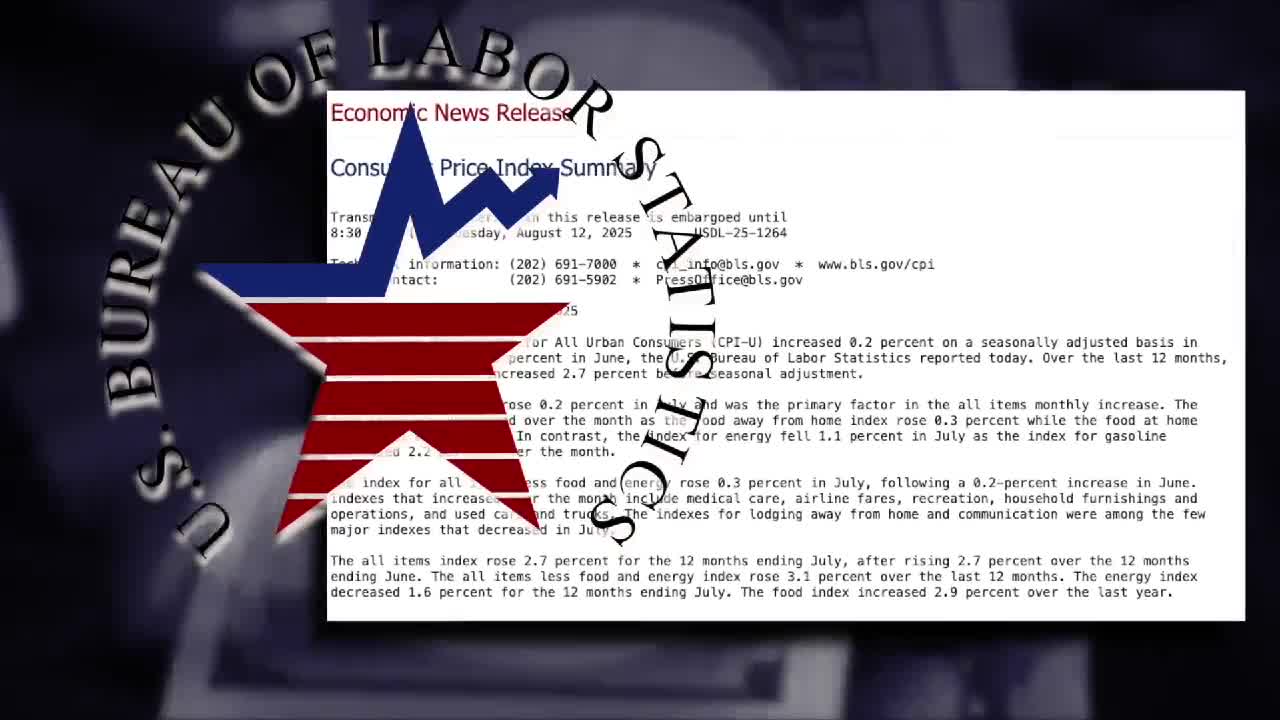As businesses seek to navigate the impact of tariffs, economists are cautioning consumers about a new phenomenon termed "sneakflation." This tactic involves various forms of hidden cost increases that may catch shoppers off guard.
Alan Gin, an Economics professor at the University of San Diego, explained that businesses are employing strategies like increasing the minimum purchase required to qualify for free shipping.
“That's one way. Some people might not notice that and get hit with a shipping charge," he said.
Consumers may also encounter additional service charges at restaurants that are not included in menu prices but are added at the end of the bill.
“These are not listed on the menu prices, but they're added at the end. And so, in a sneaky way, then they’ve upped the price without you being aware of it," Gin said.
Recent data from the U.S. Bureau of Labor Statistics revealed that the consumer price index increased by 0.2% last month, following a 0.3% rise in June.
Gin indicated that businesses are also attempting to absorb costs through “shrinkflation,” where prices remain the same while consumers receive smaller quantities of products.
“You might notice that you're getting fewer bowls out of a box of cereal every time you buy it,” he said.
In California, consumer protections are already established.
The state’s SB 478 law makes it illegal for most businesses to advertise prices that do not include all required fees or charges. This legislation mandates that restaurants clearly display any additional fees alongside the price of goods.
Despite these protections, Gin highlighted the need for consumers to remain vigilant.
“You gotta notice things in terms of deals, and one way that you can check on this is to look at your bills,” he said.
This story was initially reported by a journalist and has been converted to this platform with the assistance of AI. Our editorial team verifies all reporting on all platforms for fairness and accuracy.




